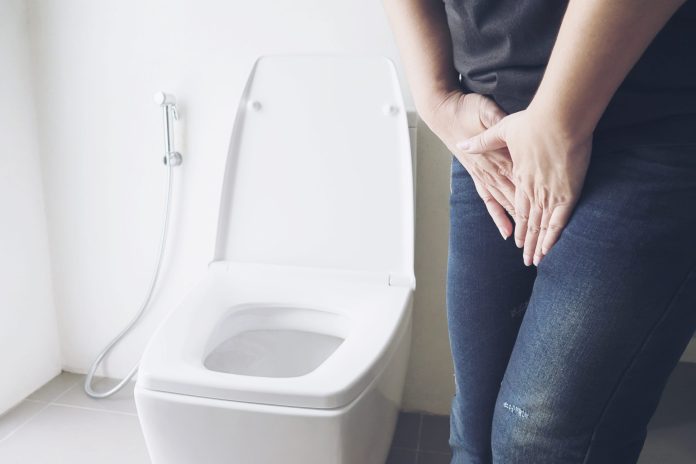NOCTURIA- If you are having to get up at night to pee more than you usually do, here is an article for you!

A frequent need to get up to urinate at night is called nocturia. To get up once to urinate is said to be normal. However, if a person has to 2 or more than 2 times in one night (6-8 hours of sleep), nocturia is suspected.
Nocturia is seldom a disease in itself, it is often a symptom of other underlying causes which include certain lifestyle habits or medical conditions.
Causes of Nocturia-
- Drinking too much or too close to bedtime is one of the most common causes of nocturia.
- Having alcohol or caffeine late in the day.
- A urinary tract infection (UTI) triggers a need to pee more during the day and at night but is seldom the only symptom and may be accompanied with pain, burning during the passage of urine or lower abdominal pain, fever.
- Older age too is related to nocturia. As we age, our body produces less of a hormone that helps concentrate urine which helps us hold urine till morning and thus there is a need to get up to pee at night.
- Pregnancy and childbirth weaken the bladder and pelvic floor muscles and cause frequent night time and day time urination in women.
- Certain medications which are given for other health problems, such as hypertension may cause one to pee more especially if taken close to bedtime.
- Other medical conditions such as diabetes, prostate issues, neurological issues, and ongoing pregnancy.
Diagnosis of Nocturia-
Diagnosing the cause of nocturia can be tricky and needs a variety of investigations and a detailed questionnaire from your doctor is to be expected. It is therefore very important to maintain a diary if you have been having the problem of excessive nighttime urination for quite some time. The important point to keep noting in the diary is what you drink and how much, how often you need to urinate.
Few of the questions to be expected by your doctor are-
- When did the nocturia start?
- How many times do you have to urinate every night?
- Are you producing less urine than you did before?
- Do you have accidents or have you wet the bed?
- Does anything make the problem worse?
- Do you have any other symptoms?
- What medications are you taking?
- Do you have a family history of bladder problems or diabetes?
It is, therefore, an important thing to be prepared with information to the above questions beforehand. A few of the common tests done to rule out the causes of nocturia are- urinalysis and urine culture, blood sugar test to check for diabetes, other blood tests for blood counts and blood chemistry, imaging tests, such as ultrasounds or CT scans.
Tips to deal with nocturia-
Treatment for night time urination majorly depends on its cause and it usually resolves once its underlying cause is found out and treated.
Here are a few tips to deal with night time urination-
- Drink your normal amount of liquid but do so earlier in the day. Reducing the amount you drink 2 to 4 hours before bedtime can help prevent you from needing to urinate at night.
- Cut down on any drinks in the last two hours before you go to bed – especially alcohol, coffee or tea as these stimulate urine production.
- Keep a diary of how much you drink, what you drink, and when. This may be helpful in identifying the factors or situations which cause or worsen the nocturia.
- Some food items can be bladder irritants, such as chocolate, spicy foods, acidic foods, and artificial sweeteners. Avoid them.
- Kegel exercises and pelvic floor physical therapy can help strengthen your pelvic muscles and improve bladder control.
- Paying attention to what worsens the symptoms is important so that you can try to modify your habits accordingly.
- Take an afternoon nap- if you have been getting up frequently due to nocturia, a nap can help you feel better during the day.
- Avoid setting excessively low temperatures on the Air conditioner at night to avoid cold-induced diuresis.


